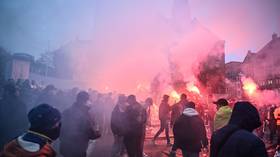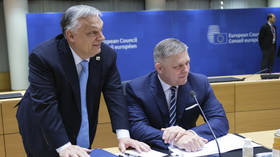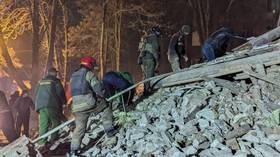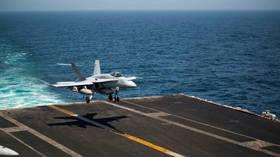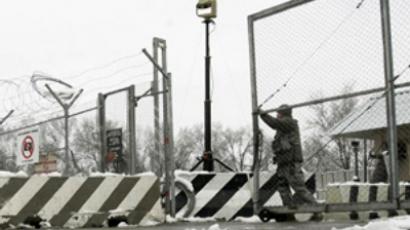Kyrgyz president favored to win reelection
On Thursday Kyrgyzstan goes to the polls to elect the next president. Current leader Kurmanbek Bakiyev is strongly tipped to win a second term, but his main rival from the socialist party is being given a chance.
In total, six candidates including Bakiyev are vying for the former Soviet republic’s top post.
The incumbent president came to power following the so-called Tulip Revolution in 2005, when mass protests forced his predecessor Askar Akayev into exile. Party colleagues say he needs more time in office.
Parliament member Tabyldy Orozaliyev, first vice-chairman of Ak Jol party said “the first two years after the Tulip Revolution were still quite unstable.”
“It was only during the last two years that we were able to improve the economy and the wealth of the people,” Orozaliyev added. “Two years is too short of a period for any president, so Kurmanbek Bakiyev must stay for another term.”
Thousands took to the streets in the Tulip Revolution to accuse Akayev of corruption. Bakiyev swept to power in snap elections with almost 90% of votes, on a wave of promises to clear-out cronyism.
However, his opponents claim that it’s been business as usual.
According to presidential candidate Almazbek Atambayev, “The whole country is working for only one family and its close ones.”
“This is how it was during President Akayev, and this is how it is now,” Atambayev said. “We want to get rid of this system and dissolve corruption.”
To win the election, a candidate has to secure over 50% of votes. Along with the incumbent and opposition leader Atambayev, four others ranging from independents to a human rights activist are also running.
Bakiyev is tipped to win, which some commentators fear could mean a low turn-out among the 2.7 million eligible to vote.
More than 500 international observers will be showing a keen interest in the outcome – something not likely to be matched by the country’s electorate, say some analysts.
“This is going to be the calmest election since Kyrgyzstan's independence in 1991,” said Professor Aleksandr Knyazev, the head of a regional department of the CIS Institute. “Many people are disappointed in politicians in general, both in the opposition and in the current president.”
The Manas airbase near the capital Bishkek that is used by the US military could be an election issue, with the government recently signing a new deal to allow the Americans to stay, after ordering them out earlier this year.
It’s a vital supply-post for the US campaign in Afghanistan, but it has become deeply unpopular, particularly after a local man was shot dead by an American soldier. There’s also opposition to the US military presence in Kyrgyzstan.
Bishkek is reportedly also negotiating with Moscow for a new Russian military base in the south of the country, a region which is home to extremist religious factions.
It might not have the fervor of a cliff-hanger campaign, but the stakes are high. Apart from solving domestic issues the chosen leader will also have to fulfill commitments to the country's foreign partners.




